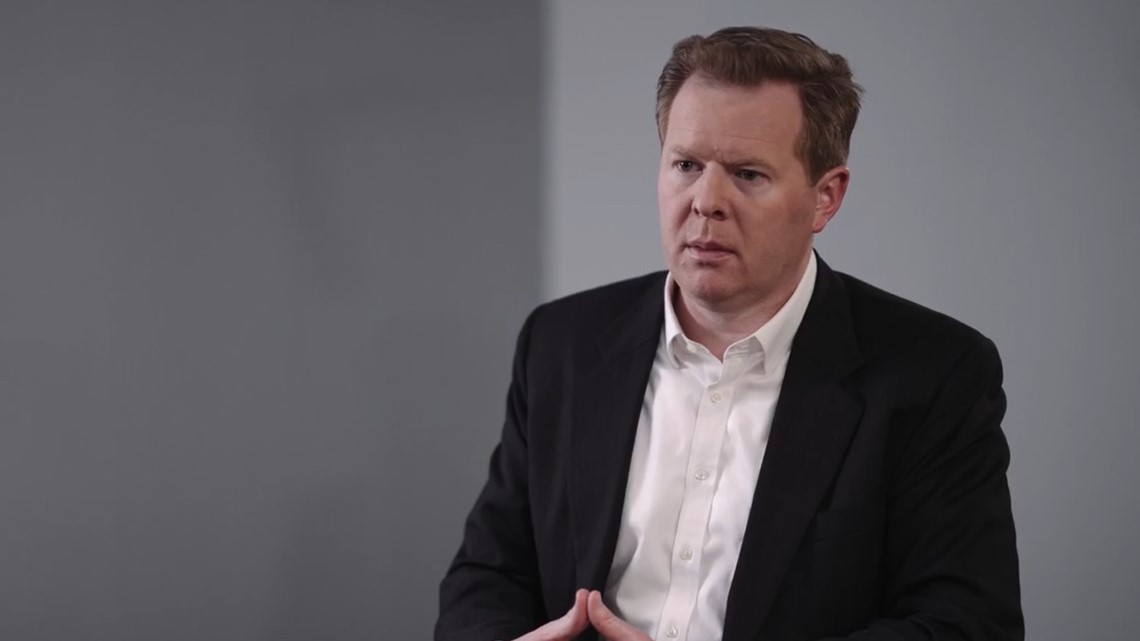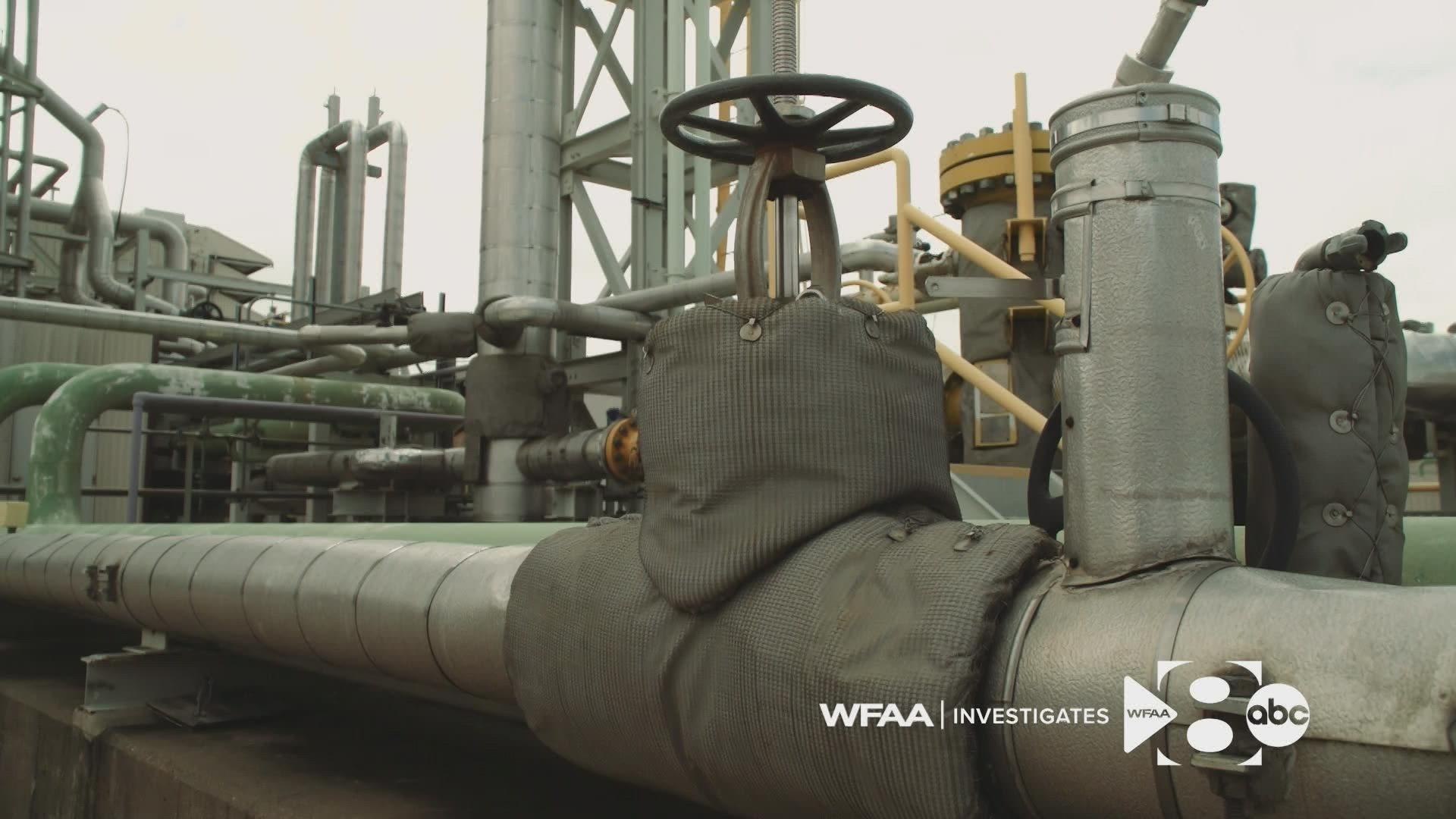DALLAS — For 30 years, Texas was warned it needed to winterize its electric grid.
In 2011, after a huge ice storm, federal regulators succinctly summed up their assessment of the situation: "Many generators failed to adequately prepare for winter." They recommended Texas lawmakers mandate winterization. Still, lawmakers failed to act.
Fast forward to last February.
"This is the largest train wreck in the history of deregulated electricity," State Sen. Brandon Creighton, D-Beaumont, said during one of several hearings held at the state capitol after last year’s winter storm nearly broke our state’s power grid.
This is what it took to get lawmakers to act:
Millions losing power for days, and some for even up to a week.
Hundreds freezing to death, some inside their home. More than 20 people died in Dallas County alone.
Billions of dollars in losses for gas and electrical companies, as well as the costs to repair the broken pipes and other damage that caused by homes going for days without heat.
"People are going to be paying the costs of last February's catastrophe for many, many years into the future," said Beth Garza , a senior fellow with R Street Institute and a former independent market monitor of the state’s electric grid.
What did lawmakers do?
New laws now mandate that power plants winterize, and regulators have the power to impose big fines if they don’t do it.
Lawmakers also reshaped the board overseeing the Electric Reliability Council of Texas, also known as ERCOT, the nonprofit entity that oversees the state’s power grid.
Meanwhile, the Public Utility Commission, the appointed body that regulates ERCOT, was expanded and all of its commissioners replaced.
"We've made more reforms in a shorter amount of time than any other grid in the U.S.," PUC Chairman Peter Lake said during an interview with WFAA. "We have fundamentally changed the way ERCOT operates the grid."


In speaking to WFAA, Lake – appointed by Gov. Greg Abbott last spring -- reiterated the talking points that have come to be a mainstay of his public presentations. He was adamant that the grid is ready to withstand extreme weather conditions similar to what the state saw last February.
Two weeks ago, the grid did perform well during a mostly routine ice and snowstorm. Power plants were operating for the first time under a new PUC winterization rule, and ERCOT had procured plenty of reserve power to handle increased demand.
"The grid was ready for this event," Lake said during one of his press conferences that week.
But what Texas experienced that week was nowhere near as severe, nor as widespread, as last year.
"There have been some improvements made, and we are better off," said Doug Lewin, an Austin-based energy consultant whose been closely monitoring the grid situation. "But I think the operative question is, 'Are we better off enough that we wouldn't have outages if we had a repeat of the storm?' And in my opinion, it's an emphatic 'No, we're not really close to that, we have a ways to go.'
Fines
Since the new winterization rule went into effect, the PUC’s been taking action on power generators who break it.
Nine companies missed a winter readiness report-filing deadline this year. Such a paperwork error alone could lead to more than $14 million in fines, which companies can appeal.
ERCOT also has conducted hundreds of inspections of power plants and related facilities to check to see if the plants are winterized. So far, no fines have been generated for failing to adequately protect machinery against freezing temperatures.
"We are considering each piece of infrastructure its own independent violation," Lake said. "If we find a pipe over there that doesn't have its installation, that's one violation. That's the first one. There's another one over here? That's the second violation. That's the next million; we're gonna come back tomorrow. And we're going to keep running the tab up until it's fixed."
ERCOT also has changed how it does business.
Until now, making sure that Texas electricity was cheap was more important than it being reliable.
Now, officials say, it’s the opposite.
"If ERCOT sees a hint of trouble on the horizon, the chance that there might be tight grid conditions, they [will] bring on more generators sooner rather than later, to ensure we have a reliable grid," Lake said.
The fuel problem
Even with more power plants winterized, they still need fuel to operate.
For about half of power plants in Texas, that fuel is natural gas.
"You’re only as strong as your weakest leak," Lewin said. "Winterizing plants by itself is not enough."
Unlike power plants, critical natural gas facilities won't be required to winterize until 2023.
Thursday at 10 p.m., WFAA will walk bring you the story of where things stand with the natural gas industry and why it could impact you.
Got a news tip? Email investigates@wfaa.com.

